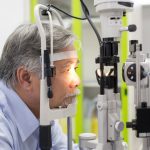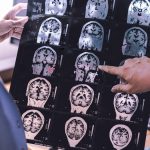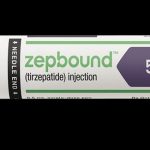
Losing weight can protect you against cancers related to obesity, a new study finds. Obesity has been linked to higher risk of at least 13 types of cancer, researchers said. This is largely due to excess levels of hormones like estrogen and insulin. But study results show that dropping pounds can improve a person’s odds against developing these cancers, including breast, kidney, ovary, liver and pancreatic cancers. “This study reinforces how crucial it is to treat obesity as a chronic disease,” said researcher Dr. Kenda Alkwatli, a clinical fellow at Cleveland Clinic. “We are hopeful that these results can help us better understand how we can use weight loss to address co-morbidities, including cancer in patients with obesity.” For the study, researchers evaluated the electronic health records of more than 100,000 obese patients at the Cleveland Clinic, of whom more than 5,300 developed cancer. Researchers tracked changes in BMI at three-, five- and 10-year intervals prior to a person’s cancer diagnosis and compared them against controls. They found that losing weight could reduce a person’s risk of developing most obesity-related cancers within a five-year span. For example, the risk of kidney cancer dropped within three years and endometrial cancer at three and five years. Multiple myeloma risk fell within 10 years. What’s more, losing weight also appeared to protect people against a range of 16… read on > read on >


















